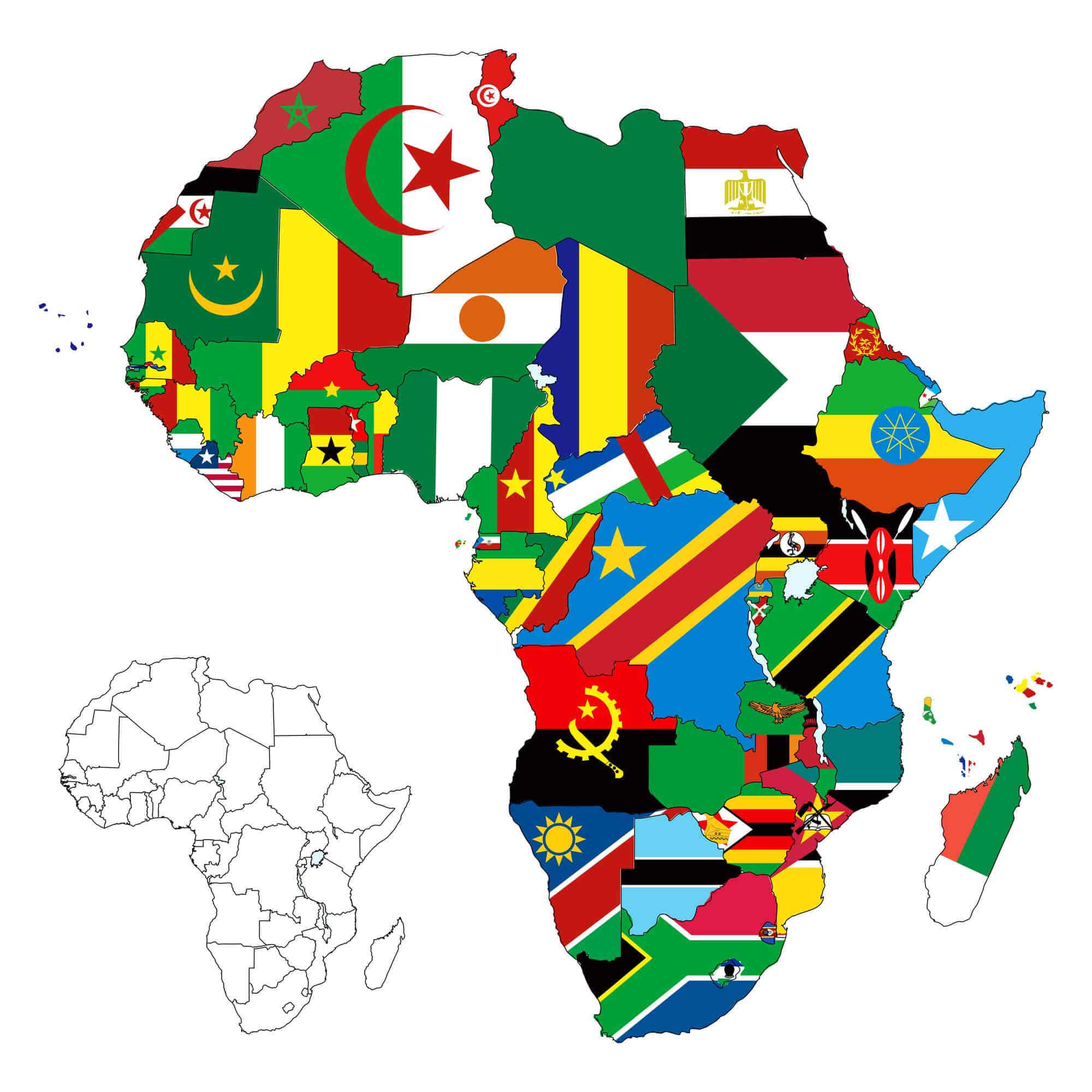Between 2010 and 2020 more than 170 million Africans were affected by drought and at the same time more than 40 million Africans were affected by floods. Because of the climate crisis, by 2030 about 40 million sub-Saharan residents will deteriorate into abject poverty

In a previous article we told about The rise and fall of the Nile princess – The fish that provided a livelihood for many residents around Lake Victoria and disappeared due to poisoning and overfishing. But this case can be treated like a canary in a coal mine, pointing to the critical state of the environment in Africa.
As someone who worked, studied and traveled in Africa, I learned to love the black continent and especially its environment and nature, that's why I follow publications that concern the African environment. Thus I found it necessary to share the publication of a London research institute (Mo Ibrahim Foundation (London)) Released ahead of the COP27 climate conference and contains a series of facts and figures that clarify Africa's situation vis-à-vis the rest of the world in the context of global warming, climate change, the "contribution" to the changes and the suffering caused.
Africa is the most sensitive and vulnerable continent to warming and climate change, changes that hit Africa hard.
- Between the years 2010 and 2020 more than 170 million Africans were affected by drought and at the same time more than 40 million Africans were affected by floods. Because of the climate crisis, by 2030 about 40 million sub-Saharan inhabitants will deteriorate into abject poverty.
- Ten of the most sensitive and vulnerable countries to warming and climate change are African, with 20% of the total population. In the balance of emissions, Africa is only "responsible" for 3.3% of all emissions, meaning that its contribution to global warming is extremely small. In 2020, the emission per capita in Africa was equal to less than 10% of the emissions of a resident of North America.
- According to climate forecasts, by 2050, about 80 million people will reach the brink of starvation, more than half of them from sub-Saharan Africa. Without action to stop the warming, about 85 million inhabitants will migrate and leave the sub-Saharan region.
- 600 million Africans do not have access to electricity. More than 930 million do not have clean cooking fuel, making Africa the poorest continent in the world in terms of access to energy. Although 18 African countries produce about 450 trillion cubic meters of gas every year, the distribution of the gas is problematic and the majority is exported. Despite the mineral wealth, the local use of gas is less than 10% and this is only in half of the countries that produce gas,
And yet - 22 African countries have renewable energy production. Following the C0P26 conference, thirty-nine countries and organizations stopped financing projects for the production of mineral fuel.
The Black Continent is rich: Africa is home to more than a quarter of the world's mammal species, about a fifth of the bird species and about a sixth of the plant species. Africa has deposits of 30% of the world's mineral reserves, many of which are key to the development of green energy technologies, for example in the field of energy storage. For example, Congo is a leader in the production of cobalt, which is used to produce batteries for electric cars. This wealth does not even reach the one and a quarter billion inhabitants of the continent.
What's the solution?
- The solution for many of the African countries that are suffering from a lack of budget is supposed to be in the promises from the conference (COP26) - because following the COP26 decisions, the countries of the world are supposed to budget 10 trillion dollars for environmental needs with the understanding that the investment will yield profits of about 130 trillion trillion dollars. and bring about an economy of zero emissions.
With us: Since we are located close to Africa and it is clear that the impact of warming and climate change in our immediate surroundings is similar to that in Africa, it is clear that our situation is similar,
However, although we are considered a developed country, the main concern with climate change as a result of warming is expressed in decisions, statements, talks and promises. It is appropriate that we stop making statements, promises, decisions and talk and move to actions before we miss the train or worse get run over by the train.
More of the topic in Hayadan:
- This is how the clothes we donate from our closet go to Africa's landfills
- The state of the environment in Africa
- Natural environment and man - a comparison between Africa and us
- Adventures in Africa: Prof. Yoel Rek of Uni' Tel Aviv paid tribute to Richard Leakey, the naturalist who died this week
- A frequently changing environment in East Africa accelerated human evolution
